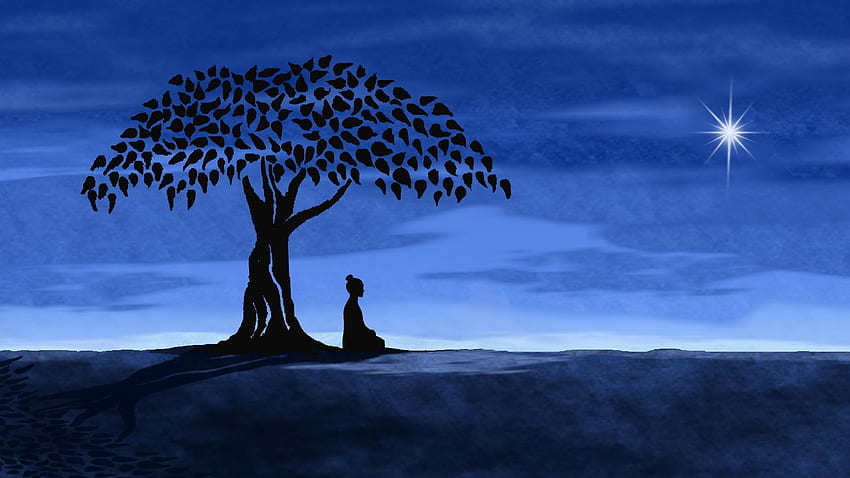Research methodology is a way of explaining how a researcher intends to carry out their research. It's a logical, systematic plan to resolve a research problem. Statistical methods involved in carrying out a study include planning, designing, collecting data, analysing, drawing meaningful interpretation and reporting of the research findings.
Available courses
Assessment Using Moodle
This course is providing panchkarma procedures in Kaumarbhritya in detail
Plant taxonomy or classification is the science of naming organisms and placing them in a hierarchical structure, each level being given a name (e.g., kingdom, division (phylum), class, order, family, genus, species). Taxonomic units at a given level are termed taxa (singular taxon).

Moodle is a free, online Learning Management system enabling educators to create their own private website filled with dynamic courses that extend learning, anytime, anywhere. Whether you’re a teacher, student or administrator.
The course will address these specific objectives:
- Understanding the importance of technology in the classroom
- Understanding the needs of learners and teachers
- Learning how to set up a Moodle platform
- Learning how to create lessons and activities, how to assign roles, how to enrol students, how to create groups, design exercises, etc.
- Assessment and evaluation

Marma Chikitsa is an important aspect of Ayurvedic treatment where the application of pressure on these Marma points induces the flow of vital energy (prana) along a complex system of subtle channels called (nadis)
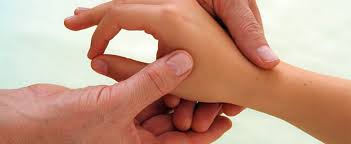
Network Pharmacology course will provide skills of using informatic tools in understanding molecular mechanisms.
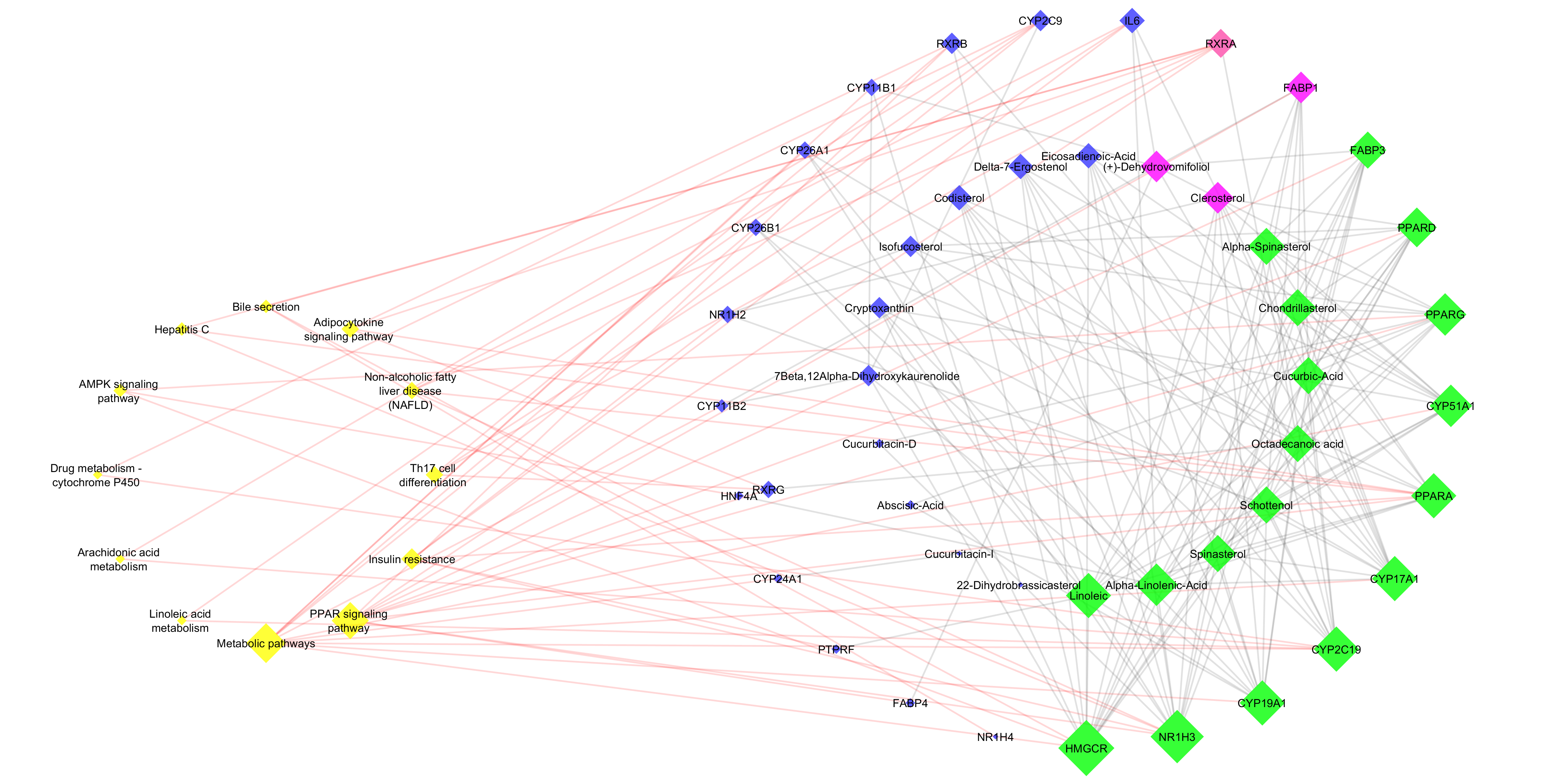
integrated approach of Shalya tantra along with swasthavritta in the management of surgical disorder and post surgical management through Ayurveda.
Vajikarana, a
unique super specialty branch of Ayurveda deals with Aphrodisiacs (sex medicine
for management of Sexual Dysfunctions & Infertility), Andrology
(Reproductive hormones & seminal abnormalities), Eugenics (aims to improve
genetic quality of a human) and Epigenetic (heritable phenotype changes without
altering DNA sequence).
Details Of Corneal pathology
For general concepts of Microbiology
Plant Taxonomy
Tooth Morphology and oral histology
Charaka
- Artificial Intellegence in Ayurveda

courses contain details of etiopathogensis
Clinical features
investigations
treatment
Advance reasearches
- Teacher: Faculty Dr. Rajimunnisa Begam shaik
- Teacher: Faculty Dr. Basavaraj Tubaki
- Teacher: Faculty Dr. Hemalatha K.
- Teacher: Faculty Dr. Kashavva Hiremath
- Teacher: Faculty Dr. Rohan Mohandas
- Teacher: Faculty Dr. Suketha
- Teacher: Faculty Dr. Suketha Kumari
- Teacher: Faculty Dr. Sumith Kumar M
- Teacher: Faculty Dr. Swarda Uppin
- Teacher: Faculty Dr. Usharani Sanu
- Teacher: Faculty Dr.Aswini Ramachandran
- Teacher: Faculty Dr. Sunil Kumar
- Teacher: Faculty Suketha Kumari
- Teacher: Faculty Namrata Bhagaje
- Teacher: Suhas kumar Shetty
Panchakarma is a method of cleansing the body of all the unwanted waste after lubricating it. Panchakarma are 5 (five) in number; hence the term PANCHA (five) – KARMA (procedures). Panchakarma treatment is unique in the sense that it includes preventive, curative and promotive actions for various diseases.

- Teacher: Faculty Dr. Anil Koralli
- Teacher: Faculty Dr. Rajashekar V Sanapeti
- Teacher: Faculty Dr. Sumith Kumar M
- Teacher: Faculty Dr. Usharani Sanu
- Teacher: Faculty Dr. Vinayak B Angadi
- Teacher: Faculty Dr. Vishwanath WASEDAR
- Teacher: Faculty Samata
- Teacher: Faculty Dr Kavita Sutagatti
- Teacher: Faculty Vijay Bhaskar
Panchakarma is a treatment program for the body, mind, and consciousness that cleanses and rejuvenates. It is based on Ayurvedic principles, every human is a unique phenomenon manifested through the five basic elements of Ether, Air, Fire, Water, and Earth.
The combination of these elements are three doshas (tridosha): Vata, Pitta, and Kapha, and their balance is unique to each individual. When this doshic balance is disturbed it creates disorder resulting in disease.
Panchakarma is done individually for each person with their specific constitution and specific disorder in mind, thus it requires close observation and supervision. Treatment starts with pre-purification Measures of Snehan and Svedana, and then cleansing methods – Shodanas, are applied.
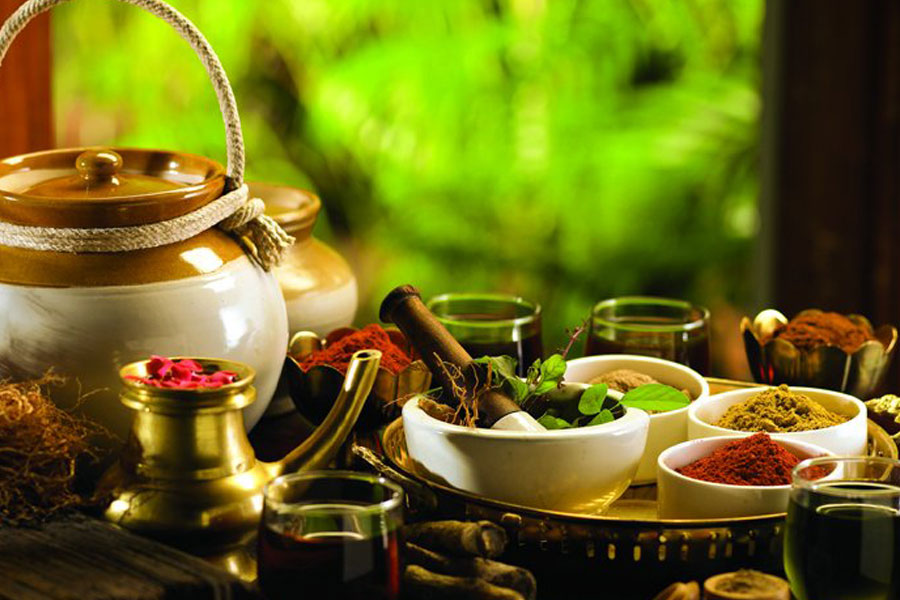
- Teacher: Dr.Vinayak Angadi
- Teacher: Faculty Dr. Anil Koralli
- Teacher: Faculty Dr. Megha Desai
- Teacher: Faculty Dr. Rajashekar V Sanapeti
- Teacher: Faculty Dr. Usharani Sanu
- Teacher: Faculty Dr. Vinayak B Angadi
- Teacher: Faculty Dr. Vishwanath WASEDAR
- Teacher: Faculty Samata
- Teacher: Faculty Dr Kavita Sutagatti
- Teacher: Faculty Vijay Bhaskar
UTAAMANAGA
- Teacher: Faculty Dr. Adeeba A.
- Teacher: Faculty Dr Savitri Saushimath
- Teacher: Faculty Dr. Arunkumar Biradar
- Teacher: Faculty Dr. Kalmesh Sangolli
- Teacher: Faculty Dr. Savita S Angadi
- Teacher: Faculty Dr. Sumith Kumar M
- Teacher: Faculty Dr. Usharani Sanu
- Teacher: Faculty Dr. Remya Madhav
- Teacher: Faculty Dr. Bhagyashri Patil
- Teacher: Faculty Dr. Laxmikant
- Teacher: Faculty Dr. Pradeep S Shindhe
- Teacher: Faculty Dr. Santosh M
- Teacher: Faculty Dr. Sumith Kumar M
- Teacher: Faculty Dr. Usharani Sanu
- Teacher: Dr. Sreechand S. R.
- Teacher: Faculty Dr. Azizahmed Arbar
- Teacher: Faculty Dr. Kaveri Hulyalkar
- Teacher: Faculty Dr. Uma Shetti
- Teacher: Faculty Dr. Veena K H
- Teacher: Faculty Sonu Prakash
- Teacher: Faculty Dr Praveen N Bhirdi
- Teacher: Faculty Dr. Chaitra
- Teacher: Faculty Dr. Prabhakar Hegade
- Teacher: Faculty Dr. Prashant Gaonkar
- Teacher: Faculty Dr. Savita Padashetti
PRASOOTI TANTRA STREE ROGA IS SCIENCE DEALING WITH DISEASES RELATED TO FEMALE REPRODUCTIVE TRACT AND DELIVERY AND BIRTH OF CHILD AND POST DELIVERY HEALTH OF DELIVERED MOTHER.
- Teacher: Faculty Dr. Gayatri Hubli
- Teacher: Faculty Dr. Jayasheela Goni
- Teacher: Nayana Dr. Nayana bhagat
- Teacher: Faculty Dr. Ramesh S Killedar
- Teacher: Faculty Dr. Sumith Kumar M
- Teacher: Faculty Dr. Usharani Sanu
- Teacher: Faculty Dr.Girija Sanikop
- Teacher: Reshma Salimani
Hands on training on NEwborn resucitation
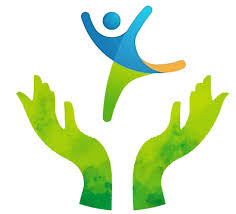
Roganidana Disaster management
- Teacher: Faculty Mohammad Faheem Abdullah
- Teacher: Faculty Dr Praveen N Bhirdi
- Teacher: Faculty Dr. Adavesh Holeyache
- Teacher: Faculty Dr. Ajit Lingayat
- Teacher: Faculty Dr. Arun
- Teacher: Faculty Dr. Ashok patil
- Teacher: Faculty Dr. Chaitra
- Teacher: Faculty Dr. Divya Khare
- Teacher: Faculty Dr. Geeta G. Gadad
- Teacher: Faculty Dr. hemlata shete
- Teacher: Faculty Dr. Keertan M S
- Teacher: Faculty Dr. Mahadev B Gundakalle
- Teacher: Faculty Dr. Mahesh P Savalagimath
- Teacher: Faculty Dr. Poornima B Tukanatti
- Teacher: Faculty Dr. Prashant Jadar
- Teacher: Faculty Dr. Rajendraswami S Hiremath
- Teacher: Faculty Dr. Rajeshwari V Kamat
- Teacher: Faculty Dr. Roopa Dodamani
- Teacher: Faculty Dr. Rudramma R Hiremath
- Teacher: Faculty Dr. Sandeep S Sagare
- Teacher: Faculty Dr. Sanjeev S Tonni
- Teacher: Faculty Dr. Santosh Patil
- Teacher: Faculty Dr. Savita Padashetti
- Teacher: Faculty Dr. Shrutika S. Karoshi
- Teacher: Faculty Dr. Shweta Yaragatti
- Teacher: Faculty Dr. Soundarya RJ
- Teacher: Faculty Dr. Veena B. Kupati
- Teacher: Faculty Dr.Manjula Kivadasannavar
- Teacher: Faculty Pallavi Ganesh
- Teacher: Faculty Dr. Suma Rajaput
- Teacher: Faculty Rohit Gavali
- Teacher: siddiprabhudesai siddiprabhudesai
- Teacher: Faculty Dr. Mahadev B Gundakalle
- Teacher: Faculty Dr. Mahesh P Savalagimath
- Teacher: Faculty Dr. R.R. Hiremath
- Teacher: Faculty Dr. Rudramma R Hiremath
- Teacher: Faculty Dr. Santosh Patil
- Teacher: Faculty Dr. Shrutika S. Karoshi
- Teacher: Faculty Dr. Sumith Kumar M
- Teacher: Faculty Dr. Usharani Sanu
- Teacher: Faculty Mohammad Faheem Abdullah
- Teacher: Faculty Dr Praveen N Bhirdi
- Teacher: Faculty Dr. Chaitra
- Teacher: Faculty Dr. Prabhakar Hegade
- Teacher: Faculty Dr. Prashant Gaonkar
- Teacher: Faculty Dr. Savita Padashetti
- Teacher: Faculty Dr. Sumith Kumar M
- Teacher: Faculty Dr. Usharani Sanu
- Teacher: Faculty Rohit Gavali
- Teacher: Faculty Dr. Adavesh Holeyache
- Teacher: Faculty Dr. Ajit Lingayat
- Teacher: Faculty Dr. Arun
- Teacher: Faculty Dr. Divya Khare
- Teacher: Faculty Dr. Shweta Yaragatti
- Teacher: Faculty Dr. Soundarya RJ
- Teacher: Faculty Dr. Sumith Kumar M
- Teacher: Faculty Dr. Usharani Sanu
Environmental science EVS
- Teacher: Faculty Mohammad Faheem Abdullah
- Teacher: Faculty Dr Praveen N Bhirdi
- Teacher: Faculty Dr. Adavesh Holeyache
- Teacher: Faculty Dr. Arun
- Teacher: Faculty Dr. Ashok patil
- Teacher: Faculty Dr. Chaitra
- Teacher: Faculty Dr. Divya Khare
- Teacher: Faculty Dr. Geeta G. Gadad
- Teacher: Faculty Dr. hemlata shete
- Teacher: Faculty Dr. Keertan M S
- Teacher: Faculty Dr. Mahadev B Gundakalle
- Teacher: Faculty Dr. Mahesh P Savalagimath
- Teacher: Faculty Dr. Poornima B Tukanatti
- Teacher: Faculty Dr. Prabhakar Hegade
- Teacher: Faculty Dr. Prashant Gaonkar
- Teacher: Faculty Dr. Prashant Jadar
- Teacher: Faculty Dr. Rajendraswami S Hiremath
- Teacher: Faculty Dr. Rajeshwari V Kamat
- Teacher: Faculty Dr. Rudramma R Hiremath
- Teacher: Faculty Dr. Sandeep S Sagare
- Teacher: Faculty Dr. Sanjeev S Tonni
- Teacher: Faculty Dr. Santosh Patil
- Teacher: Faculty Dr. Savita Padashetti
- Teacher: Faculty Dr. Shrutika S. Karoshi
- Teacher: Faculty Dr. Soundarya RJ
- Teacher: Faculty Dr. Sumith Kumar M
- Teacher: Faculty Dr. Usharani Sanu
- Teacher: Faculty Dr. Veena B. Kupati
- Teacher: Faculty Dr.Manjula Kivadasannavar
- Teacher: Faculty Dr.P.G.Jadar
- Teacher: Faculty Pallavi Ganesh
- Teacher: Faculty Dr. Suma Rajaput
- Teacher: siddiprabhudesai siddiprabhudesai
- Teacher: Faculty Dr. Geeta G. Gadad
- Teacher: Faculty Dr. Poornima B Tukanatti
- Teacher: Faculty Dr. Rajendraswami S Hiremath
- Teacher: Faculty Dr. Rajeshwari V Kamat
- Teacher: Faculty Dr. Veena B. Kupati
- Teacher: Faculty Dr.P.G.Jadar
Roga Nidana
- Teacher: Faculty Dr. hemlata shete
- Teacher: Faculty Dr. Keertan M S
- Teacher: Faculty Dr. Roopa Dodamani
- Teacher: Faculty Dr. Sumith Kumar M
- Teacher: Faculty Dr. Usharani Sanu
- Teacher: Faculty Dr.Manjula Kivadasannavar
- Teacher: Faculty Pallavi Ganesh
- Teacher: Faculty Dr Ashok Patil
- Teacher: Faculty Dr. Amal S Chandran
- Teacher: Faculty Dr. Sandeep S Sagare
- Teacher: Faculty Dr. Sanjeev S Tonni

- Teacher: Faculty Dr. Kadambari. S
- Teacher: Faculty Dr. Usharani Sanu
- Teacher: Faculty Dr. Vinod Gurav
- Teacher: Faculty Dr Anujashah Shah
- Teacher: Faculty Dr.Anjali Sudhakar
Padarath Vijanan
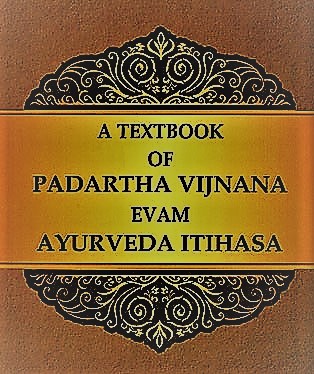
- Teacher: Faculty Mohammad Faheem Abdullah
- Teacher: Faculty Dr Praveen N Bhirdi
- Teacher: Faculty Dr. Chaitra
- Teacher: Faculty Dr. Prabhakar Hegade
- Teacher: Faculty Dr. Prashant Gaonkar
- Teacher: Faculty Dr. Savita Padashetti
- Teacher: Faculty Dr. Sumith Kumar M
- Teacher: Faculty Dr. Usharani Sanu
- Teacher: Faculty Rohit Gavali
- Teacher: Faculty Dr. M B Ramannavar
- Teacher: Faculty Dr. Sandeep S Sagare
- Teacher: Faculty Dr. Sumith Kumar M
- Teacher: Faculty Dr. Usharani Sanu
- Teacher: Faculty Dr.Prashant Toranagatti
- Teacher: Faculty Dr.Smitaraje D.Wader
- Teacher: Faculty Dr. Rupadevi Hosamath
- Teacher: Faculty Sandeep Kurade
Asthanga hridaya is basic subject for 1st year BAMS its having 8 branches like kaaya, baala, graha , urdhawanga, shalya, damstra, jara, vrisha.
- Teacher: Faculty Mohammad Faheem Abdullah
- Teacher: Faculty Dr Praveen N Bhirdi
- Teacher: Faculty Dr. Chaitra
- Teacher: Faculty Dr. Prabhakar Hegade
- Teacher: Faculty Dr. Prashant Gaonkar
- Teacher: Faculty Dr. Savita Padashetti
- Teacher: Faculty Dr. Sumith Kumar M
- Teacher: Faculty Dr. Usharani Sanu
- Teacher: Faculty Rohit Gavali
Agada Tantra
Dravyaguna
Kaumarabhritya
- Teacher: Dr Anantamati N Bammagol
- Teacher: Dr Isha Kandwal
- Teacher: Dr Tejaswini Yarazarvimath
Kayachikitsa
- Teacher: Dr.Krishna Priya G
- Teacher: shashidhara naik
- Teacher: Dr Kavya Shree S
MSc Psychology is a 2 year postgraduate course that focuses on the practical application of research methods related to human behaviour. It provides learning about different perspectives of human psychology through theoretical and research based activities.

Panchakarma
Prasooti & Striroga
- Teacher: Dr Akshata Kudari
Rasashastra & BK
Roga Nidana
Shalakya Tantra
Shalya Tantra
Swasthavritta
Rasashastra means Ayurvedic Pharmaceutics and as such it deals mainly with the drugs of mineral origin, their varieties, characteristics, processing techniques, properties and their therapeutic uses along with the descriptions of various apparatus, different kinds of furnaces, heating devices and heating schedules.
Bhaishajya Kalpana is composed of two words, Bhaishajya – Drug and Kalpana – Processing. Processing means samskarana, done in order to establish the change in the qualities / properties of the drug either by inducing a new property or improving the existing one and finally making the drug safe and more effective.
Thus, Rasashastra and Bhaishajya Kalpana is the most important branch of learning in the field of Ayurveda. No drug can be formulated or cure any disease.
No branch of Ayurveda. can exist independently without the aid of Bhaishajya or Aushadha (medicinal preparations). Only a competent physician who has mastered the knowledge of different medicaments can treat all types of diseases. To save the lives of ailing people he should also have a thorough grip on the principles of the formulations and their practical application.
With the art and skill of formulation, a poisonous drug can be transmuted into a safe and effective drug. A simple drug can be converted into a most potent one. Therefore, Ayurveda, the Science of Health and Healing has given great emphasis to the comprehensive knowledge of drugs, preservation and dispensing of prepared drugs under the broad heading known as Rasashastra and Bhaishajya Kalpana.

Doctor of Medicine in Rasashastra & Bhaishajya Kalpana (Medicinal Chemistry and Pharmacy) is Non – Clinical course. Keeping with tradition, the course prepares students to an Ayurvedic physician who is capable of formulating and preparing medicines according to the specific needs of a patient. The program provides training in medicinal chemistry and preparation of highly potent medicines from minerals and metals.
The course also deals with the principles and practice of Ayurvedic Pharmacy with its varied pharmaceutical methods and dosage forms.

Rasashastra & Bhaishajya kalpana is the fundamental branch
this is a certification course regarding hands on training of Pottali kalpas to PG scholars. it ia for 6 months period.

Taxonomy is the science of naming, describing and classifying organisms and includes all plants, animals and microorganisms of the world. ... Click here for information on the biography and legacy of the "father of taxonomy", Carl Linnaeu

Ayurveda Toxicology

Ayur Technologies


